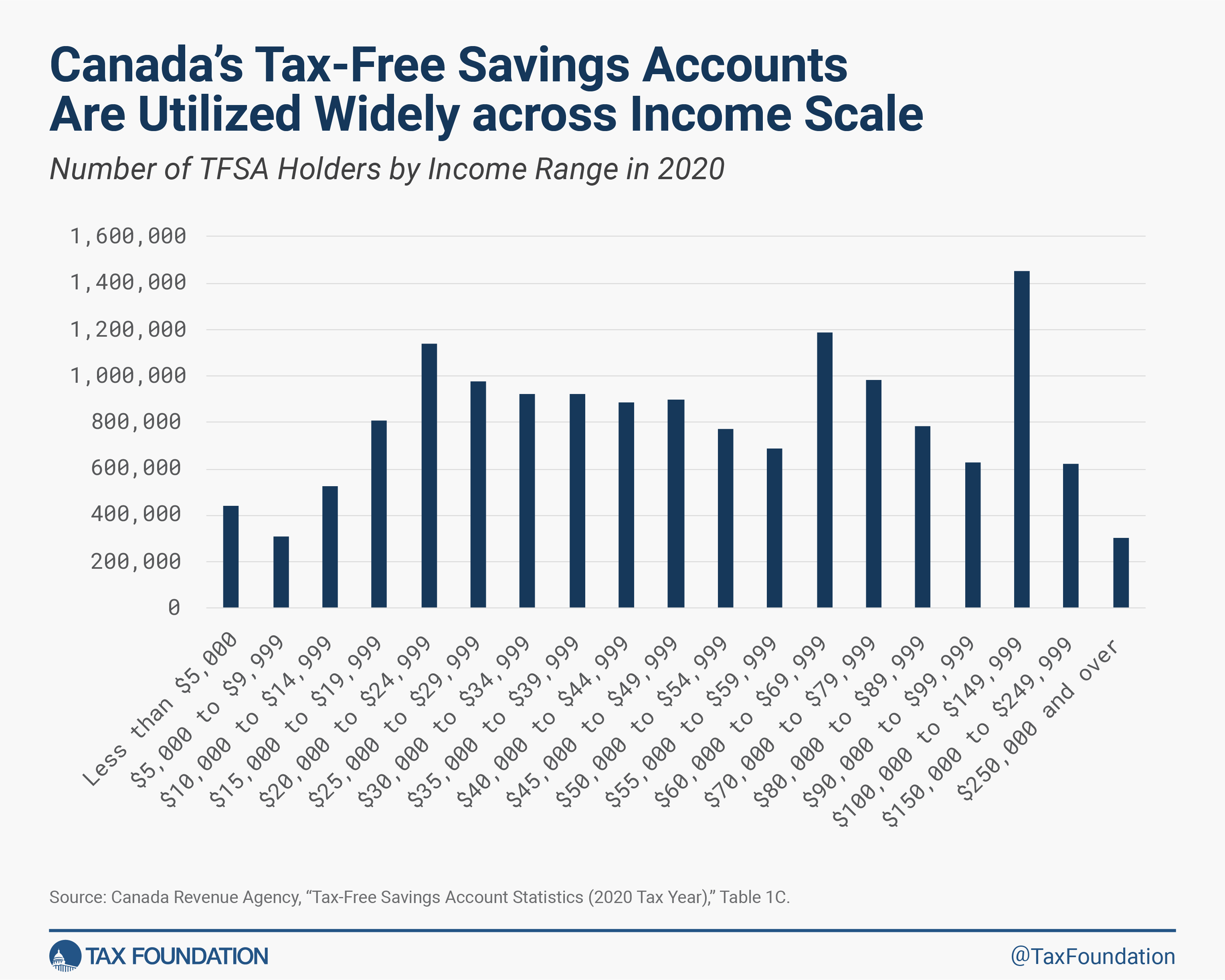Best Tax Deductions For A Small Business
The good news? We’re here with the essential secrets of small business tax deductions to help you reduce your tax liability and keep your hard-earned money. These deductions do not stop at reducing your taxable earnings. Reduced adjusted gross income (AGI), which reduces your small business taxes, can also help you in other ways. Small business tax write-offs in tax year 2024
1. Self-employed health care deduction
If your income is from self-employment, and you purchase your own health care insurance, you might be eligible to deduct the premiums from your income. You must not be eligible for health insurance through your employer or spouse to qualify for the self employed health insurance deduction. This coverage can include you, your spouse and your dependents. Business startup costs
If you’re just starting out, the IRS offers some valuable tax breaks for new small business owners. Business startup costs
If your startup costs are less than $50k, you can claim a business startup deduction that allows you to deduct $5,000 in business startup costs as well as $5,000 in organizational costs. If your startup cost exceeds $50k, you still have the option to amortize the costs over 15-years, which means you can deduct a fixed amount each year. You can also deduct the cost of new business cards if you have paid for them. Internet and other service charges
The monthly internet service fees can add up. Hardware problems can cost you money if your computer is not running properly. You may also be paying subscriptions for virus and malware control, professional references, and software subscriptions to keep your business activities running smoothly.
Thankfully, internet and related service costs are all deductible for small businesses! Take the time to review all subscriptions, internet fees, and other services you pay to see if you qualify for a tax deduction. Phone service tax deductions
If you have separate phones for business and personal use, regardless of whether they are landlines or cell phones, you can take full deductions for the lines you use for your business.
Unfortunately, if you only have one landline phone for both business and personal use, the Internal Revenue Service does not allow you to deduct its cost. You can still deduct long-distance costs related to your business. Tax Tip:
To prove that your phone is used for business, you may want to request a detailed phone bill. First-year depreciation of business assets
Bonus depreciation
If you haven’t already, add bonus depreciation to your small business tax preparation checklist. Bonus depreciation allows you to accelerate the depreciation process of items that you may purchase for your business. The first-year tax deduction allows you deduct the entire purchase price of your assets for your business upfront, rather than taking a bunch smaller deductions over a number of years. Bonus depreciation is set to gradually phase out in the following tax years. It will drop by 20% every year until 2027, unless new legislation comes into effect. Bonus depreciation will be 60% in tax year 2024. Bonus depreciation is a way for small business owners to create tax losses, so they can claim the small business tax deductions even if their business income exceeds it. It’s a one-way street — if you depreciate an asset for bonus depreciation, you can’t depreciate it over the remaining tax life. So, you may need to decide if you want to take the entire deduction upfront or take normal depreciation to spread out the deduction.
Section 179 expense deduction
Another special provision in the tax code is the Section 179 expense deduction. This deduction is similar in nature to bonus depreciation but allows you to expense 100% of an asset’s cost immediately. There are however some restrictions on the amount that can be deducted. The maximum deduction for 2024 is $1,220,000, up from $1,160,000. The Section 179 depreciation cannot create a loss in tax, so you can only claim the amount of income that you earned during the tax year. The Section 179 deduction has one advantage: you can choose the amount of Section 179 expenses you want to claim. This is better than bonus depreciation, which is an all or nothing election. You can depreciate any asset cost you don’t elect for Section 179 over the remaining tax life.
6. Continued depreciation on business assets
If your business equipment or other assets were purchased in previous years, but you did not fully expense the assets in the year of purchase, you should claim the tax deduction this year for the depreciation. Professional dues and subscriptions
Professional dues and subscriptions add up, and they’re easy to miss as a deduction if you pay them automatically every year. For example, you can deduct the cost of trade journals, magazine subscriptions related to your work, and dues to maintain your professional license.
Unfortunately, you can’t deduct dues to clubs the IRS considers to have more of a social or recreational aspect, such as dues to business, social, athletic, luncheon, sporting, airline, and hotel clubs.
8. Cost of goods sold
If your business sells products that you make or purchase, the cost of these products can be a large part of your total expenses. It’s important to calculate your cost of goods each year. You report your beginning inventory as well as purchases, other expenses added to the cost goods sold and ending inventory. From this information, TaxAct calculates your deductible cost of goods sold on your business return.
Materials and supplies you use to make products, whether or not they become part of the products, should be included in the cost of goods sold. Inventory should include expenses that are used to manufacture or mine the goods you sell. Manufacturing labor, for example, is included in the cost. Selling and administrative costs are not included.9. Bad debts
If your business uses the accrual method, you might have bad debts if customers purchase items on credit and don’t pay. If you use the cash method, as many small businesses do, you can’t generally deduct bad debts for uncollectible accounts. That’s because you did not count the customer’s purchase as income when they made the purchase.
If you make loans in the course of your business to suppliers, clients, employees, and so on, you can take a business deduction for the bad debts when these loans become uncollectible.
10. Car expenses and mileage
If your vehicle is used for business travel, you can take a tax deduction for your business car expenses and mileage. Track your business miles when visiting clients or making purchases to maximize deductions.
For 2024, you can choose between the standard mileage rate of 67 cents per mile or deduct actual vehicle expenses when driving your car for business use. The IRS requires that you track your business, personal, and commuting miles, as well as the business purpose for which they were used. If opting for actual expenses, keep records of gas, maintenance, insurance, registration fees, and depreciation.
If you run a home business, you can start tracking mileage from your driveway. However, trips from home to a separate business location are considered commuting and are not deductible.
You must track actual travel expenses in some cases, such as if you did not use the standard mileage rate the first year you used your vehicle in business, if you claimed a Section 179 deduction or special depreciation allowance on the vehicle purchase, or if you operate five or more cars at the same time. To maximize this deduction, you must keep good records. Check out Tax Deductions For Uber(r), and Lyft (r) Drivers.
11. Employee benefits
Benefits you pay under qualified benefit programs to your employees are a deductible expense. For example, you can deduct your cost of qualified accident and health plans, adoption assistance, cafeteria plans, dependent care assistance, educational assistance, and group-term life insurance coverage for your employees.
12. Taxes
Many of the taxes you pay as part of your business can be deducted as business expenses. Some taxes are already included as part of your business expenses. You pay a fuel-tax for the gas that you use for your business vehicle, and this tax is already included in the cost of gas. You may also pay taxes separately, which you can deduct on your business tax return. You can deduct state tax on gross income, federal and State payroll taxes, personal tax on assets of your business, real estate tax on business property and excise taxes you pay to the states. You cannot deduct federal tax.
13. Home office deduction
If your home has an area that you use for business purposes, or as an office, you may be eligible for a deduction. But, there is a catch. In most cases, the office space must be exclusively used for your business. There are two special cases in which you don’t have to meet the exclusive use rule: If you use your home to store inventory or product samples, or if you run a daycare facility.
Your office doesn’t have to fill a whole room either. You can deduct expenses based on the square footage that you use exclusively for business (more on this shortly). You can deduct expenses based on the square footage that you use exclusively for business (more on that shortly).
When you claim a home office, you deduct indirect and direct expenses:
Direct expenses
are those that apply only to your home office, such as painting or repairing just your office. You claim 100% of direct expenses.
Indirect expenses
include a percentage of the amount you pay for electricity, rent, and so on for your whole house. Divide the total square footage of the home by the square footage of the home office to find the percentage. Retirement contributions
One benefit of having a small business is the freedom to choose a better retirement plan for your needs. It is important to compare plans, especially if you are looking for a wide range of investment options. If you choose a deductible plan, you can lower your taxes this year by contributing up $7,000 to a Traditional IRA in 2024. ($8,000 if over 50). If you are a small business owner or self-employed, your company can contribute up 25% of your compensation. This would amount to a maximum contribution of $69,000 in 2024. Contract labor costs
Have you hired any independent contractors or free-lancers to work for your business in the past year? You can deduct the wages you paid for contract labor from your taxable income if this is the case.
16. Half of self-employment tax
As an owner of a self employed business, you are responsible for paying the full Social Security tax and Medicare tax. The cost is not shared by the employer. The bottom line
Filing small business taxes does not have to be scary. Understanding and utilizing all deductions is a great way to reduce your taxable income. TaxAct(r), will help you navigate through the process and ensure you claim all deductions you’re entitled. You don’t have to be a CPA to file your own business taxes — start filing with us today and see how easy it can be to maximize your tax savings with our tax preparation software.
All TaxAct offers, products and services are subject to applicable terms and conditions.
This article is for informational purposes only and not legal or financial advice.






